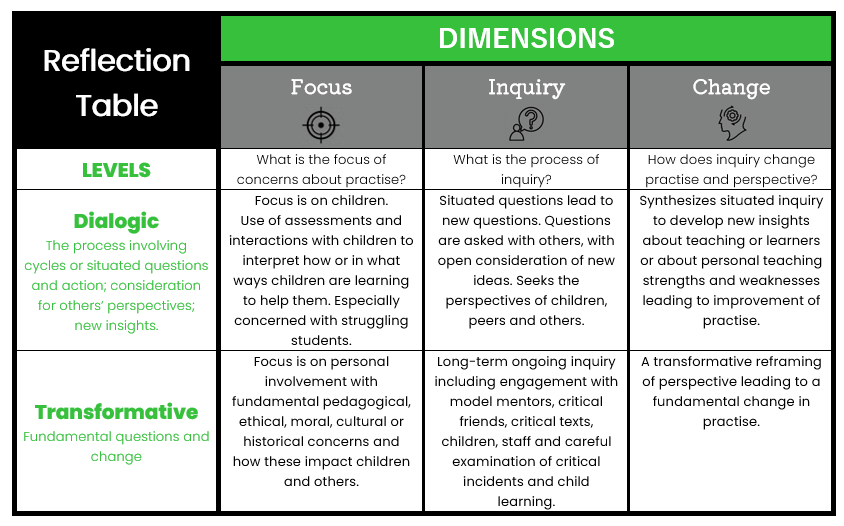Authored by Mark West
Anything can be learned by anyone, including leadership and even learning itself, but leadership is more than just management techniques. It requires an ongoing transformative change of self. In the previous blog, a promise was made to write about the discovered Transformative Change Rubix; a checklist of required ‘Focus’, ‘Inquiry’ and ‘Change’ to develop leadership. Credit must be given to Ward JR and McCotter’s SS Reflection model (2004), which underpins much of this thinking.
Want the short three-minute version? Here’s a quick read summary:

The aspect that is most overlooked is the Critical Friend. The more senior in leadership you become, the harder it can become to get true, honest, critical feedback. It is becoming more normal to have a leadership coach to support this process and indeed they are invaluable, especially when they can also fulfil the role of model mentor. However, sometimes the best placed person is ‘sideways’ or ‘below you’ in your organisation; someone you respect who can speak the truth to you without holding back. They are arguably the most valuable means of gauging your leadership abilities. Lastly, a good 360 leadership diagnostic tool (Contact us to know more) with anonymised feedback can be the best way to analyse how you view yourself compared to how others view you, and it can provide for your next steps.
Curious to find out more? Read on for the 10-minute version:
These three dimensions can also be used for leadership. It is worth putting the transformative level of reflection against a lesser, albeit effective, dialogic form of reflection. The dialogical dimension seems almost like a more managerial type of reflection, which has its’ place and should not be wholly dismissed.

This is still only half of the table. The rest was cut for ease and speed of those in leadership roles within Education or Wraparound Childcare. The full table can serve as a starting checklist when coaching anyone who wishes to lead in any sector or is embarking upon an entrepreneurial endeavour. Consider leaders in any sector and you can see them engaging, discussing and sharing this level of reflection. Perhaps the term “children” could be substituted for a broader scope such as “service user” or “customer”, and “teaching” might be replaced with “customer relations and services”. The table will still stand true, as proven through personal experience in coaching those in other sectors, who would agree with such a sentiment (dialogical reflection). Critical texts, model mentors and critical incidents examined (transformative reflection) also support this.
Reading this blog already puts you ahead of the game and you only need the above table to get started. Check your level of ‘Focus’, ‘Inquiry’ and ‘Change’ at the transformative level. This is where leadership operates.
What about the journey and destination mentioned in the short-version? The most important aspect is that everyone in a setting understands what that destination is and has bought into it, consistently. To get the buy-in or, even better, to build it up from within to create authentic ownership, the journey must be a focus. However, eventually, the destination must be agreed. This is what creates consistency for children. Children thrive in consistency. Whether it is a philosophy, a learning theory, expected behaviours or some other hymn sheet you are signing from. There are many journeys to get there but you must be clear where it is you are heading. It should be noted that there is bad consistency where children are not thriving, or ‘perverse consistency’ (Paul Dix: 2021; p.5) in a setting but that is for another blog in the future.
Lastly, I end on a more personal note. I’ve been using this framework for the last nine years and suspect there is something better that has moved on with the times. So, in the name of transformative change, please do feel free to share it and/or your thoughts with me:
Twitter: @MarkWest_Teach
LinkedIn: Mark West
References
Ward JR and McCotter’s SS Reflection as a viable outcome for pre-service teachers within Teaching and Teacher Education 20 (2004) pp. 243 – 257
Dix, P (2021) When the adults change, everything changes: seismic shift in school behaviour
